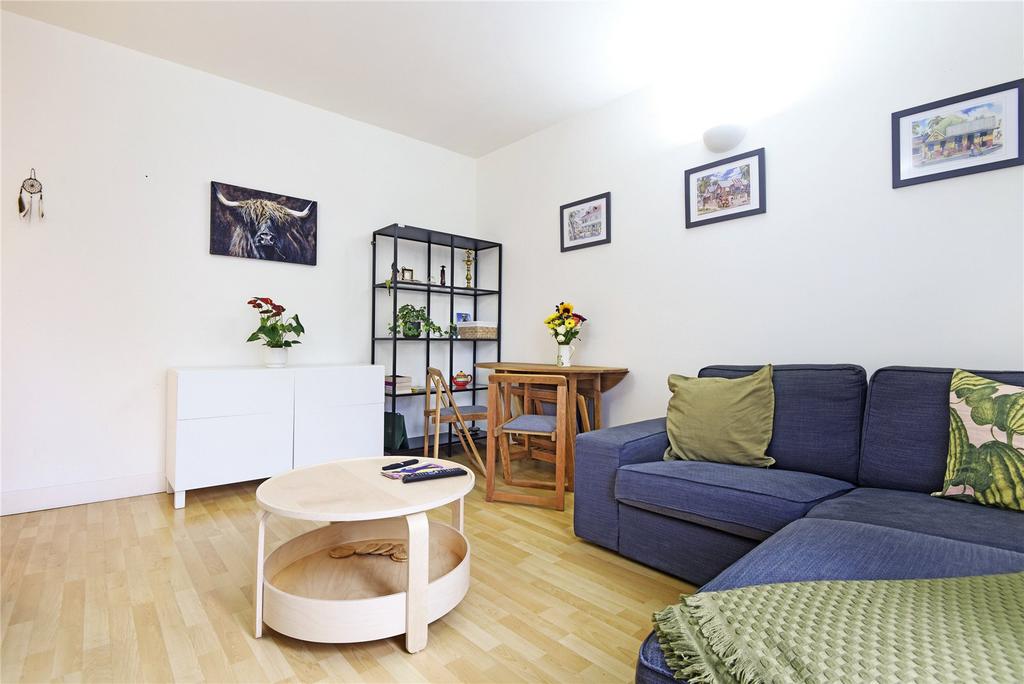A Complete Guide to Renting Apartments in Delhi: Tips, Prices, and Best Locations
Delhi, India’s capital city, is one of the most sought-after urban centers for work, education, and lifestyle. With a population exceeding 20 million, the demand for residential spaces—particularly rental apartments—is constantly growing. From compact 1 BHK flats for students and professionals to luxurious 3 BHK units for families, the rental market offers a wide spectrum of choices. Whether you're a newcomer or a longtime resident planning to move within the city, understanding how the rental system works is essential.
Why Renting Apartments in Delhi Matters Today

Renting is a preferred housing option for many people in Delhi due to flexibility, affordability, and job mobility. Here’s why it's significant:
-
Young Professionals & Students: Delhi is home to top universities and business hubs. Students and working professionals often opt for rental accommodations over purchasing property.
-
Job Transfers & Migrants: Government officials, IT professionals, and corporate employees frequently relocate, making rentals a practical choice.
-
Affordability Over Buying: Buying property in Delhi is expensive, and for many, renting offers a more financially feasible option.
-
Dynamic Lifestyle Needs: Many people prefer renting closer to work or amenities instead of being tied down to a permanent location.
Renting solves immediate housing needs while offering the flexibility to upgrade, downgrade, or shift locations as personal circumstances change.
Recent Trends and Updates in Delhi’s Rental Market
The rental market in Delhi has evolved significantly, particularly post-COVID-19. Some of the most notable trends from 2023–2024 include:
-
Rising Rents in Key Areas: Areas like Saket, Hauz Khas, and Dwarka saw a rent increase of around 10–15% in 2023 due to increased demand and urban migration.
-
Work-from-Home Effect: There is growing interest in apartments with home office spaces, balconies, or nearby green areas.
-
Growth in Co-living Spaces: Co-living options have gained popularity among young professionals, especially in South Delhi and Gurgaon borders.
-
Tech Integration: Digital rental agreements, online apartment listings, and virtual tours are now standard, reducing the time and effort required for house hunting.
Here’s a quick snapshot of average monthly rent across popular locations (as of Q1 2024):
| Area | 1 BHK (₹) | 2 BHK (₹) | 3 BHK (₹) |
|---|---|---|---|
| Lajpat Nagar | 18,000–25,000 | 28,000–40,000 | 45,000–65,000 |
| Dwarka Sector 10 | 12,000–18,000 | 20,000–30,000 | 35,000–50,000 |
| Saket | 20,000–30,000 | 35,000–50,000 | 55,000–75,000 |
| Karol Bagh | 15,000–22,000 | 25,000–38,000 | 40,000–60,000 |
| Rohini Sector 9 | 10,000–15,000 | 18,000–25,000 | 30,000–45,000 |
Rental Laws and Policies in Delhi
Understanding local laws helps tenants and landlords avoid disputes. Here are the major legal points you need to know:
-
Rent Control Act (RCA), Delhi: This governs older rental properties (built before 1988) and limits rent hikes and evictions. Newer apartments are often exempt.
-
Model Tenancy Act (2021): Although not fully adopted in Delhi yet, this central law recommends fair practices like security deposit limits (not more than 2 months' rent for residential spaces) and time-bound dispute resolution.
-
Mandatory Rental Agreement: All rental deals over 11 months should be documented and ideally registered with the local sub-registrar.
-
Police Verification: Tenant police verification is legally required in Delhi and can be done online through the Delhi Police website.
Tenants are encouraged to keep rent receipts, a copy of the rental agreement, and verification documents for legal safety.
Useful Tools and Resources
The apartment rental process is now easier than ever thanks to various digital platforms and tools. Here’s what can help:
Rental Listing Platforms:
-
99acres.com – Search listings by area, price, furnishing status, etc.
-
MagicBricks.com – Offers verified property listings and filters for family/bachelor-friendly units.
-
NoBroker.in – Helps avoid broker fees with direct landlord listings.
-
Housing.com – Provides photographs, locality scores, and detailed amenities.
Online Rent Agreement Tools:
-
LegalDesk and eDrafter.in – For drafting and e-signing rental agreements.
-
Delhi Sub-Registrar’s Online Portal – For rental registration in applicable cases.
Rent Calculators:
-
NoBroker’s Rent Calculator – Estimates average rent based on property type and area.
-
MagicBricks EMI and Affordability Calculator – Useful for comparing rent vs. buy scenarios.
Government Services:
-
Delhi Police Tenant Verification Portal – For submitting tenant verification forms digitally.
-
Delhi Urban Shelter Improvement Board (DUSIB) – For information on affordable housing options.
These resources reduce the risk of fraud, streamline documentation, and provide accurate pricing insights.
Frequently Asked Questions (FAQs)
Q1. What documents do I need to rent an apartment in Delhi?
You’ll typically need a government-issued ID (Aadhaar, Passport, etc.), address proof, a PAN card, and sometimes employment proof or offer letter. A passport-size photo and police verification form are also recommended.
Q2. How much should I pay as a security deposit?
Most landlords ask for 1–2 months’ rent as a security deposit. Avoid paying more than this unless it's a fully-furnished or high-demand apartment.
Q3. Can landlords increase rent every year?
Yes, but the typical increase is between 5–10% annually, unless a different percentage is agreed upon in the rental agreement.
Q4. Is it necessary to register the rent agreement?
Registration is only mandatory for leases over 11 months. However, registering the agreement adds legal credibility and protects both parties.
Q5. What are the safest areas to rent in Delhi?
Areas like South Delhi (Saket, Green Park), Dwarka, Rohini, and East Delhi (Preet Vihar) are generally considered safe, especially in gated societies or DDA flats. Always check the neighborhood during different times of day before committing.
Conclusion
Renting an apartment in Delhi can be a smooth experience when you’re well-informed. From understanding price trends and legal policies to using the right tools for apartment search and documentation, every step counts. Whether you're new to the city or just changing neighborhoods, this guide offers a practical roadmap to help you navigate the process with confidence. Always prioritize due diligence, transparency, and official documentation to ensure a safe and hassle-free rental experience.